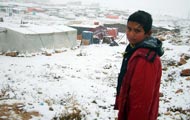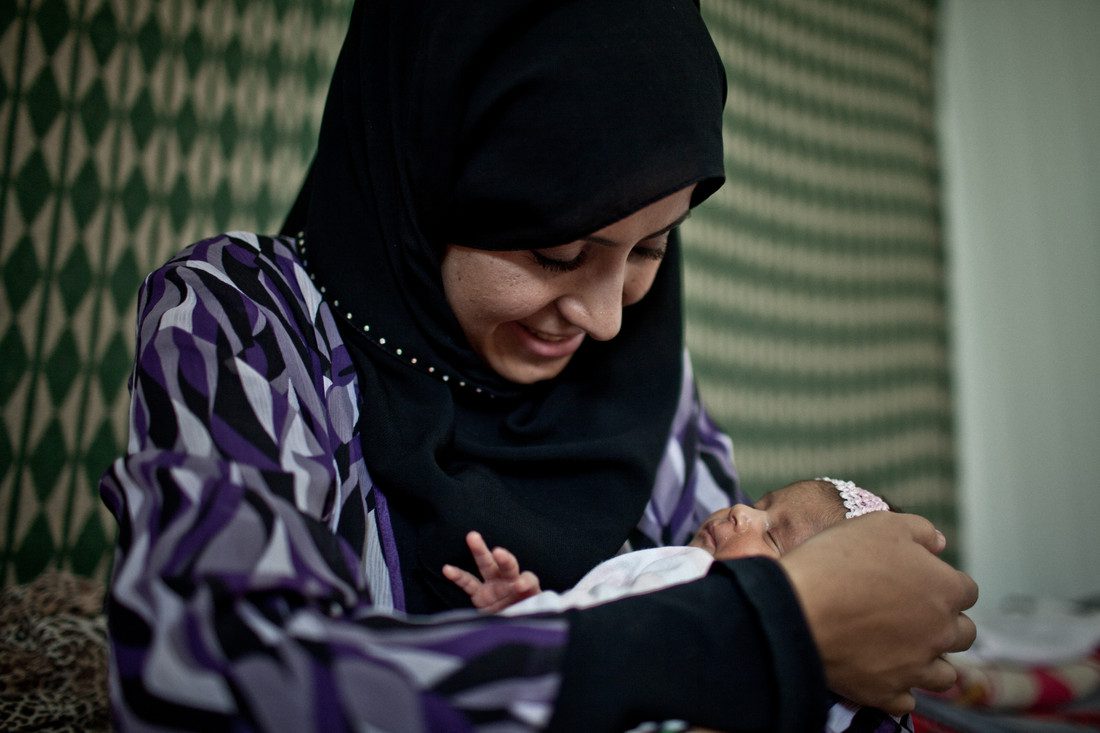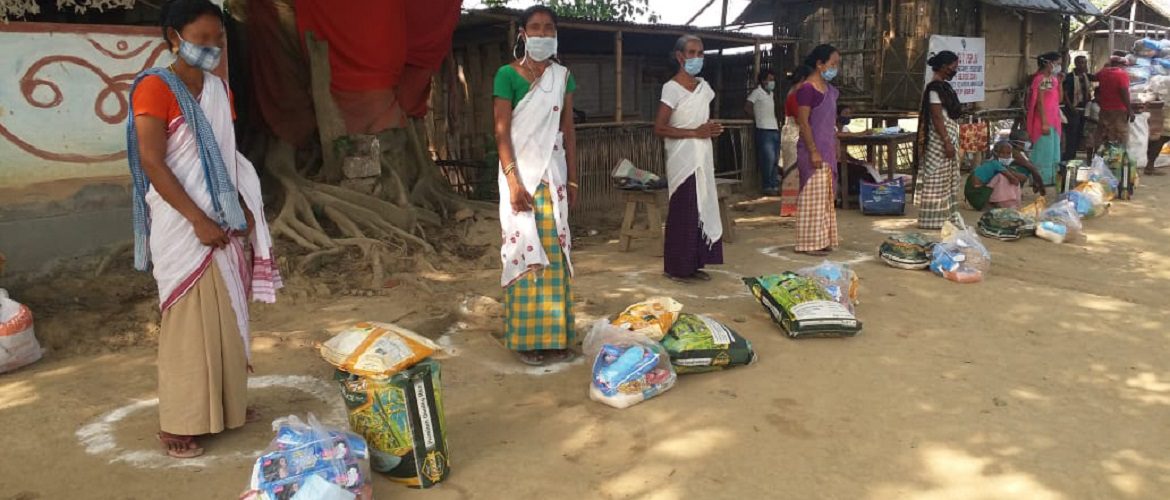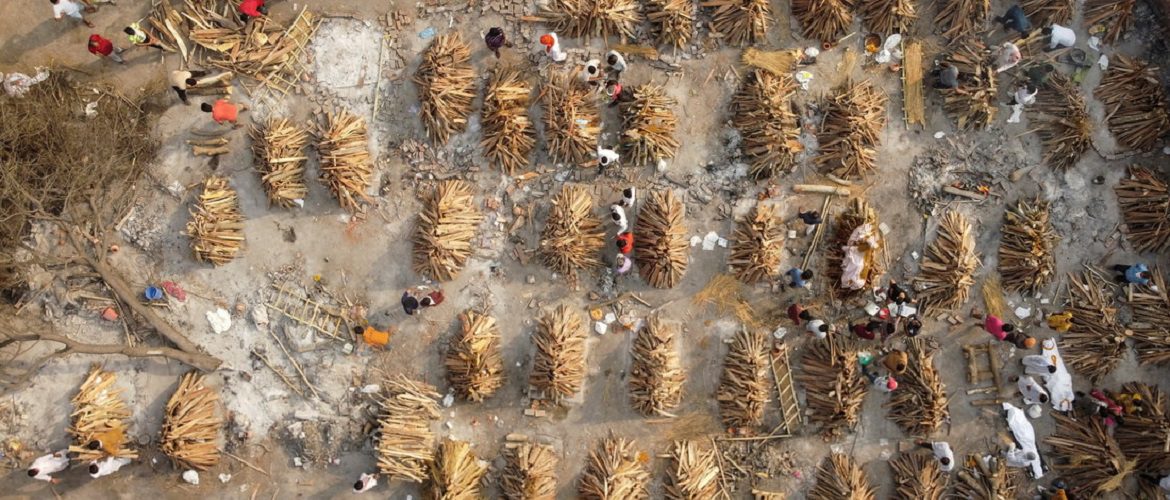2013 was an immensely difficult year for the people of Syria, the most devastating in a conflict now almost three years long. You can take action now to help people affected by the violence.
This time last year, around 500,000 refugees had fled Syria to neighbouring countries. Now, this has more than quadrupled to an estimated 2.3 million. And it is the middle of the harshest winter to hit the Middle East in decades. Women, men, girls and boys are doing their best to continue their interrupted lives as they brave icy conditions in tents and other makeshift housing. They anxiously await news from within Syria and so often it is devastating, with the UN estimating that over 40,000 people lost their lives in 2013.
But amid the hardship, there have been some glimmers of hope. Thanks to the generous donations of Oxfam supporters to our Syria Crisis Appeal, Oxfam was able to massively scale up our humanitarian work over the year. Since mid-2013, we’ve increased our assistance inside Syria, where we’re now reaching over 250,000 people with clean drinking water. Across the region, Oxfam has reached over 500,000 people with life saving assistance and we expect reach more than 650,000 people by March 2014.
More than 100,000 people from around the world signed Oxfam’s petition calling on Russia and the United States, key international players in finding a solution to the Syria crisis, to look past their differences and set a date for the long delayed “Geneva II” peace talks. This contributed to strong international pressure for peace talks and a date for UN-sponsored talks has now been set for January 22-24 2014.
As a new year begins, this crisis is far from over. Despite the many challenges ahead, we must resolve to keep pressing towards a peaceful resolution to this complex crisis and ensure the people of Syria get the assistance they desperately need.
Help bring about positive change for the people of Syria in 2014:
You can help by calling on the Australian Government to continue to give its fair share to the UN’s new Humanitarian Appeal. With a critical conference on the 15 on January make sure that the government knows that you haven’t forgotten Syria.

Click here to send a Tweet to the Foreign Minister, Julie Bishop, asking her to continue Australia’s support for Syria
The UN’s new Syria Humanitarian Appeal for 2014 requires USD$6.5billion ($AUD7.3billion) and is the largest in the UN’s history. While many governments, including Australia, have given generously to the UN appeals in the last two years, this has not been enough to meet the enormous humanitarian needs. You can help by urging the Australian government to give its fair share to the new appeal at the Syria donor pledging conference in Kuwait on 15 January 2014.
Oxfam has calculated each donor country’s fair share of this appeal, based on their Gross National Income (GNI). On this basis, Australia’s fair share contribution to the UN Appeal is AUD$106million, or 1.5% of the total appeal.
Back up aid with diplomatic action to help ensure the Syria peace talks are a success
While aid is critical, it is only part of the solution. The Australian Government must pursue all avenues of diplomacy to ensure the Syrian peace talks in Geneva later this month are given the best chances of success, including calling for a halt to the transfer of arms and ammunition to Syria and an end to armed violence.

Your support will help save lives in Syria through the bitterly cold winter.



